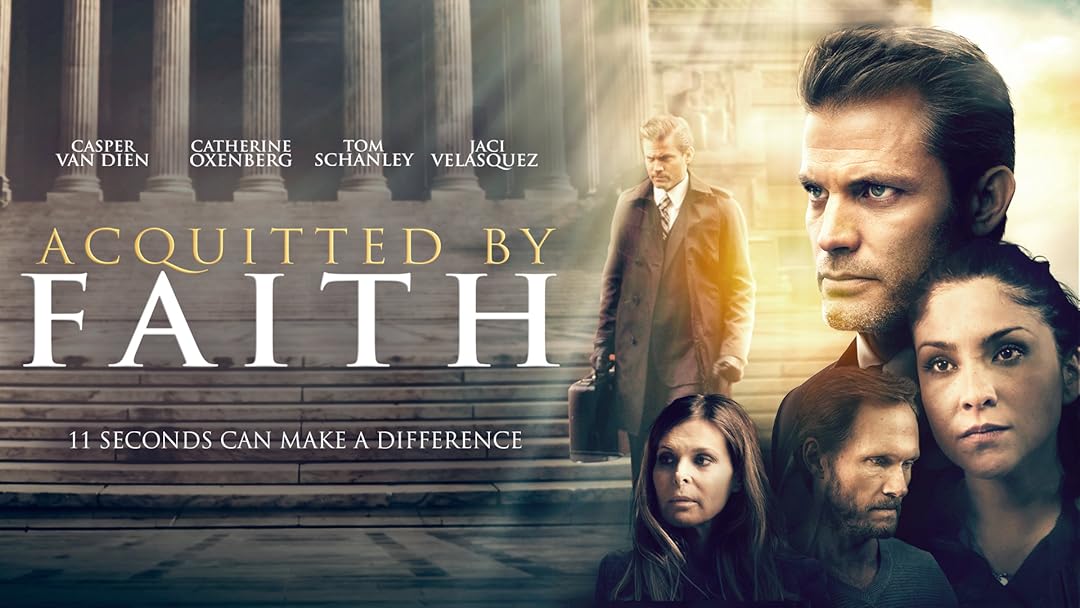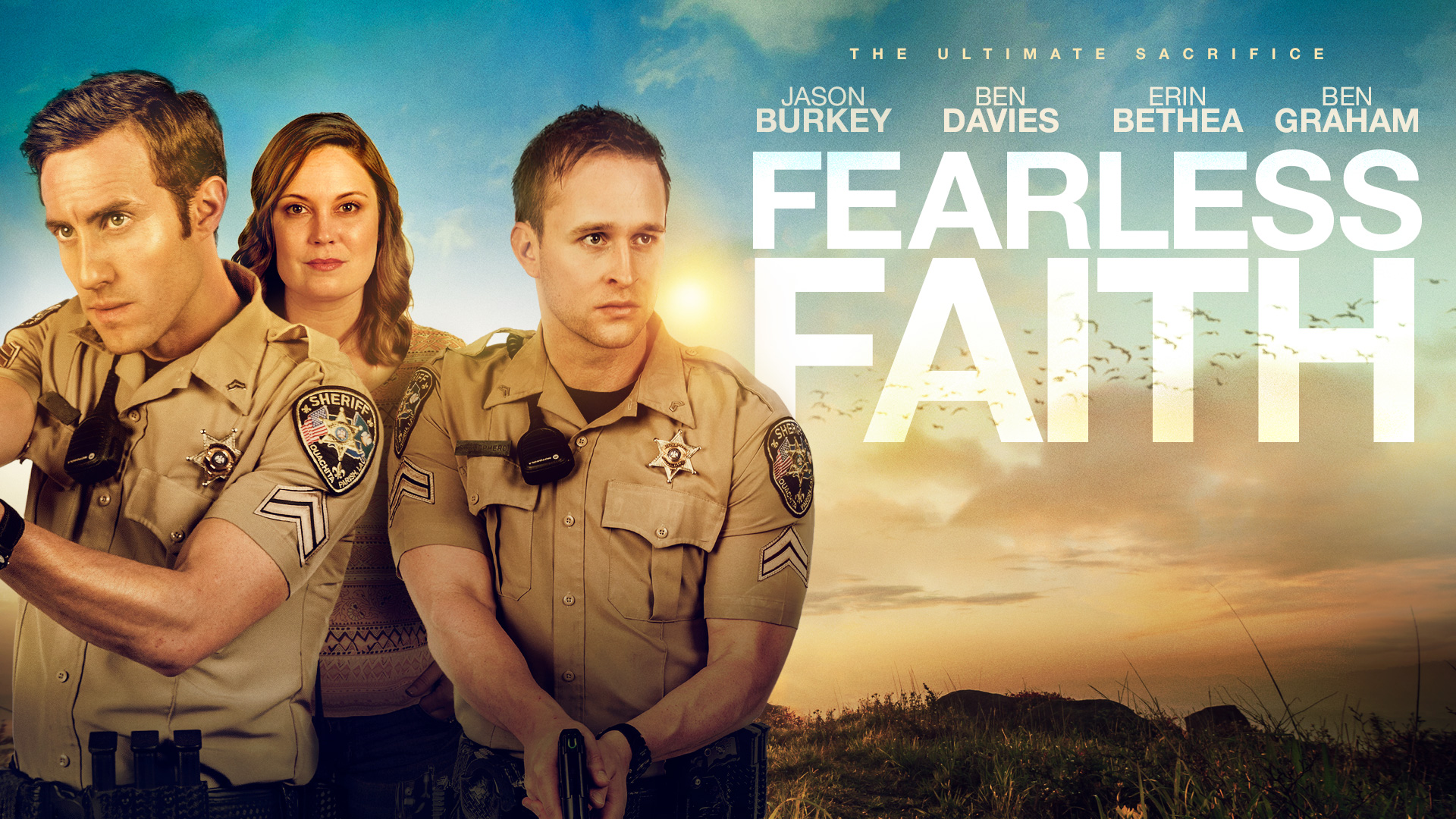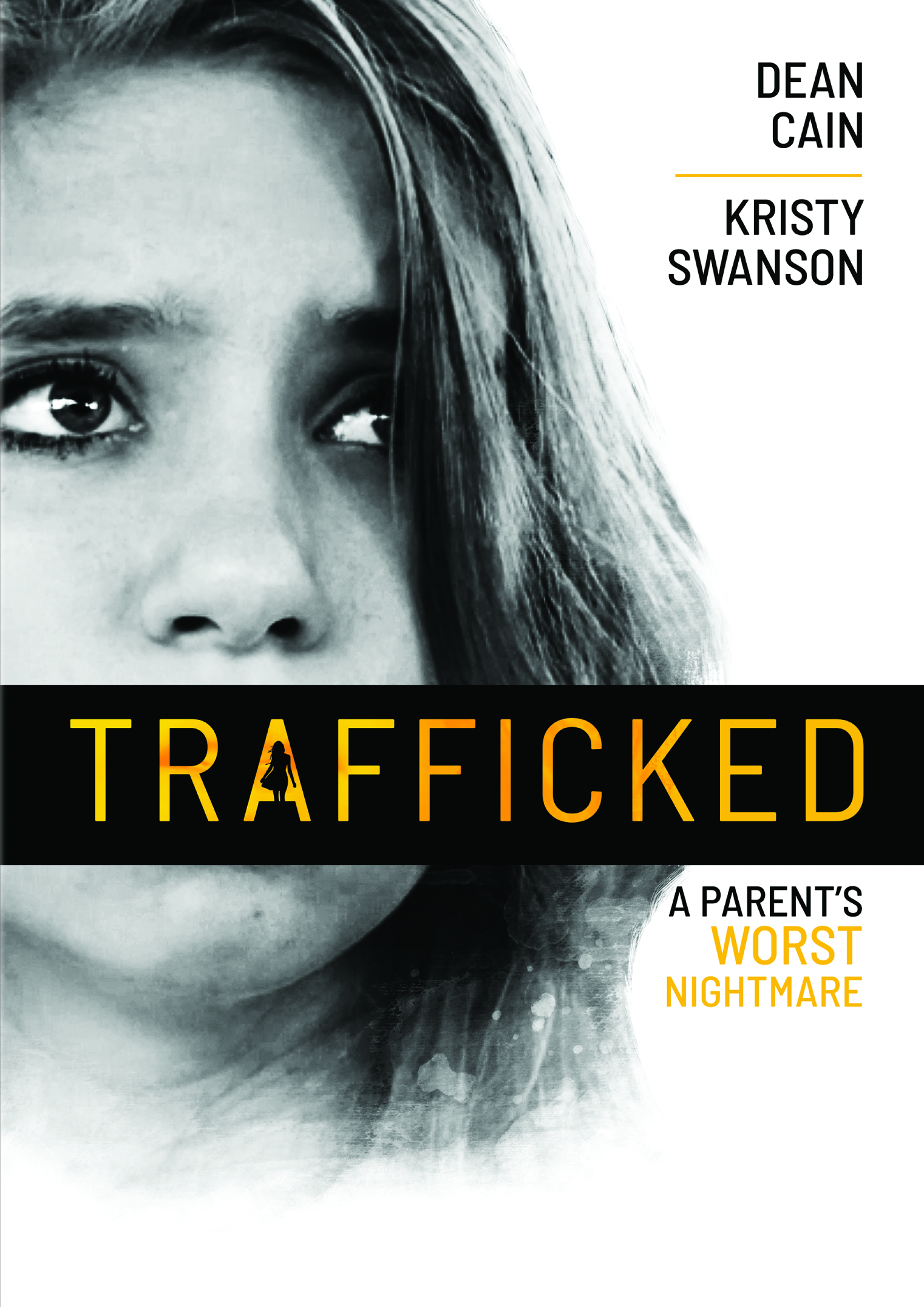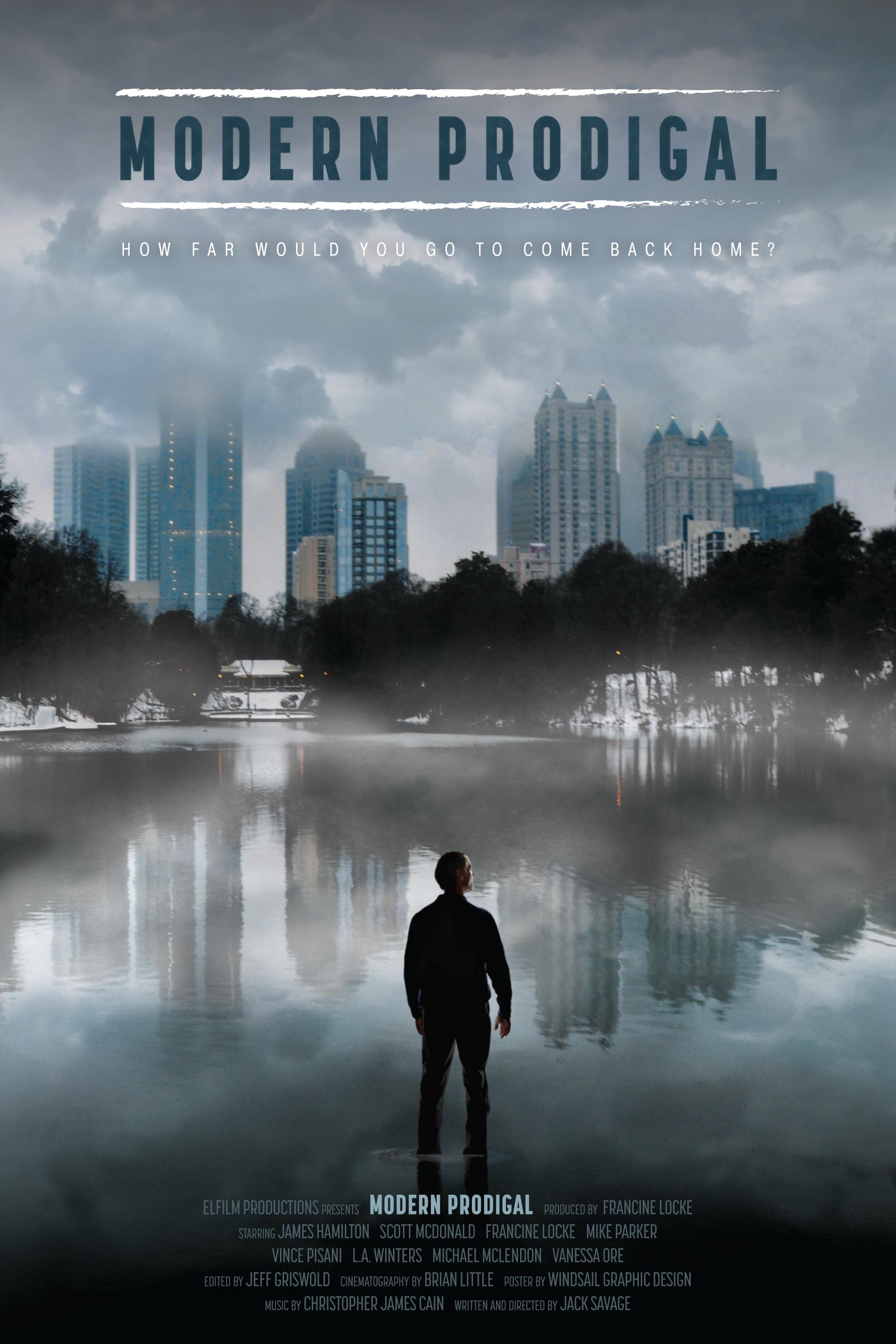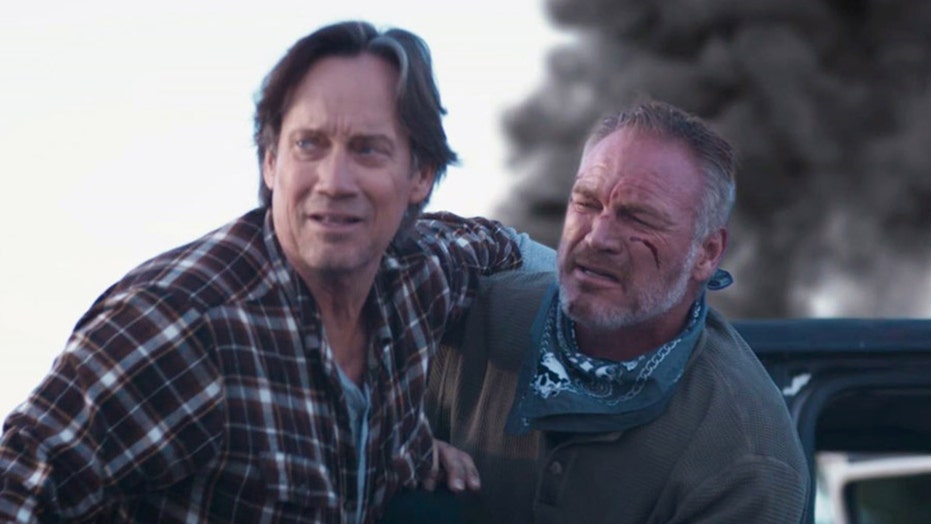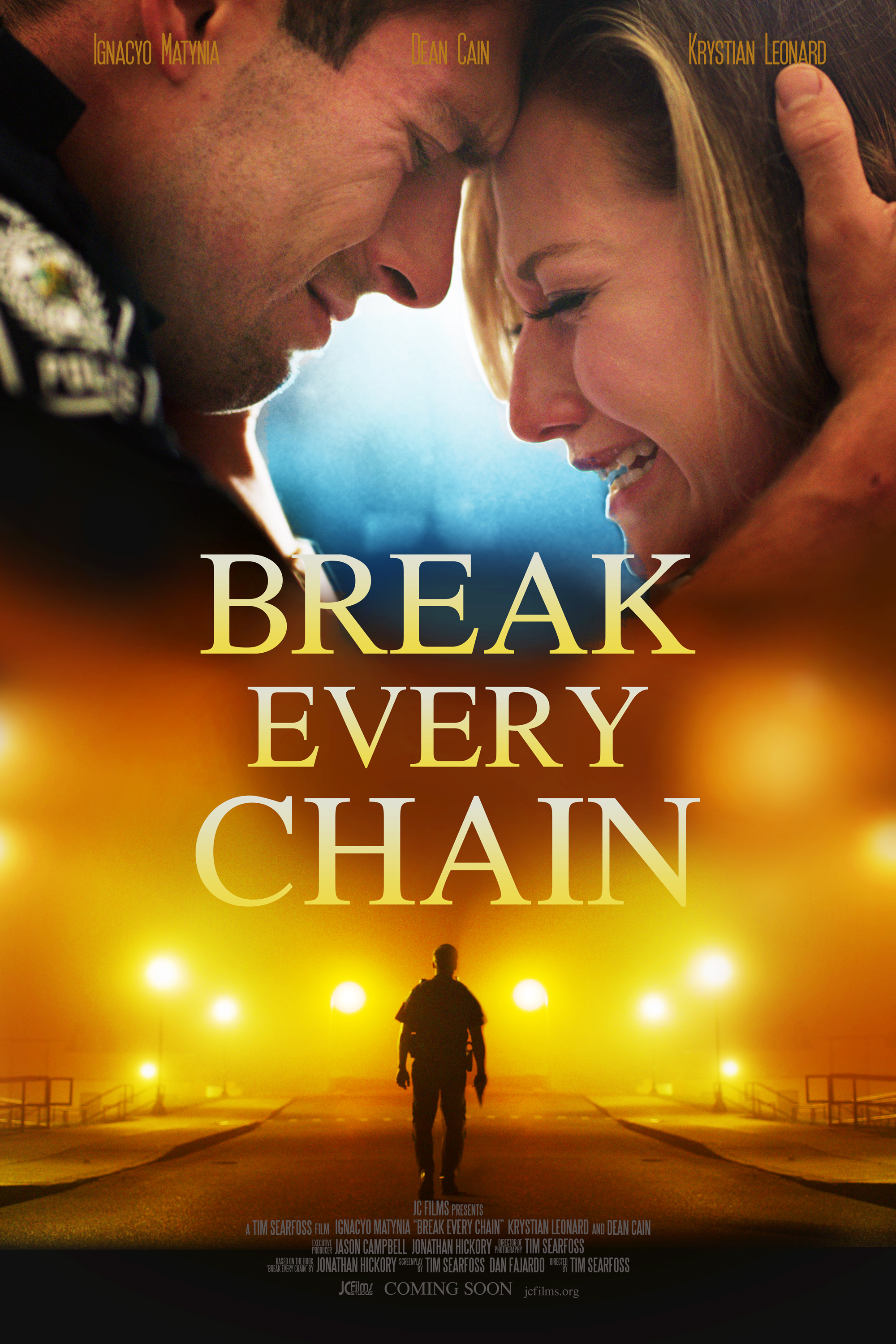
Plot Summary
Jonathan Hickory lost his dad at an early age, so he tried to fill the void by becoming a cop. Jonathan was successful and soon settled into a simple life with his family. However, after developing and subsequently hiding PTSD as a result of his police work, Jonathan enters a downward spiral of substance abuse to cope with the pain. Will Jonathan find his way back before his family is destroyed?
Production Quality (2 points)
Break Every Chain is surprisingly one of the best productions ever crafted by the JC Films team. This includes good video and audio quality as well as an effective soundtrack. Despite some wild action camera work, the sets, locations, and props are professional. For the most part, editing is acceptable except for some lagging scenes. Nonetheless, this section is overall above average.
Plot and Storyline Quality (1 point)
Based on a true story and possessing no writing credits from Jason Campbell, Break Every Chain is an excellent look at how police officers are surrounded and affected by trauma every day without being properly prepared or supported. However, the protagonist’s trauma progression is a bit quick, sped up by time jumps as voiceover attempts to bridge these jumps in the timeline. Nonetheless, the writers did a great job with portraying how police officers are expected to push down all their inner turmoil, which can lead to substance abuse and other vices. To capture these concepts, the writers used artistic psychological scenes that are good but tend to isolate the viewer with an ethereal quality that lacks balance. Also, there is a lot of gloom and doom in this narrative without much positive, which is only compounded by a “wise” Christian character who is essentially sarcastic and condemning in the face of the protagonist, who’s struggling with trauma. These matters are not aided by the somewhat simplistic view of psychology that the writers possess. While dialogue is mostly effective at building characters, the extensive timeline stunts realistic character growth, leading to a somewhat empty and forced conclusion. However, there are enough strong points in this plot to justify a meager rating.
Acting Quality (2 points)
As a whole, the acting in this film is mostly average. At times, the performances are somewhat stilted and overly practiced. Emotions are inconsistent in some instances. Some cast members are more genuine than others, and the lead actor is a standout. throughout the screenplay, the acting improves with time, leading to an above-par score for this aspect of the movie.
Conclusion
In a stunning turn of events, the JC Films team actually produced a mostly acceptable film. It can’t be a coincidence that Jason Campbell had no hand in writing or directing Break Every Chain. Basing the screenplay off of a true story was a good way to present a mostly realistic narrative. Demonstrating the cause-and-effect relationship between police trauma and PTSD is an important conversation to have in the context of Christian entertainment. However, a number of issues held this movie back from being all that it could have been. As a result, Break Every Chain is yet another example of why it’s important to focus on quality over quantity.
Final Rating: 5 out of 10 points









